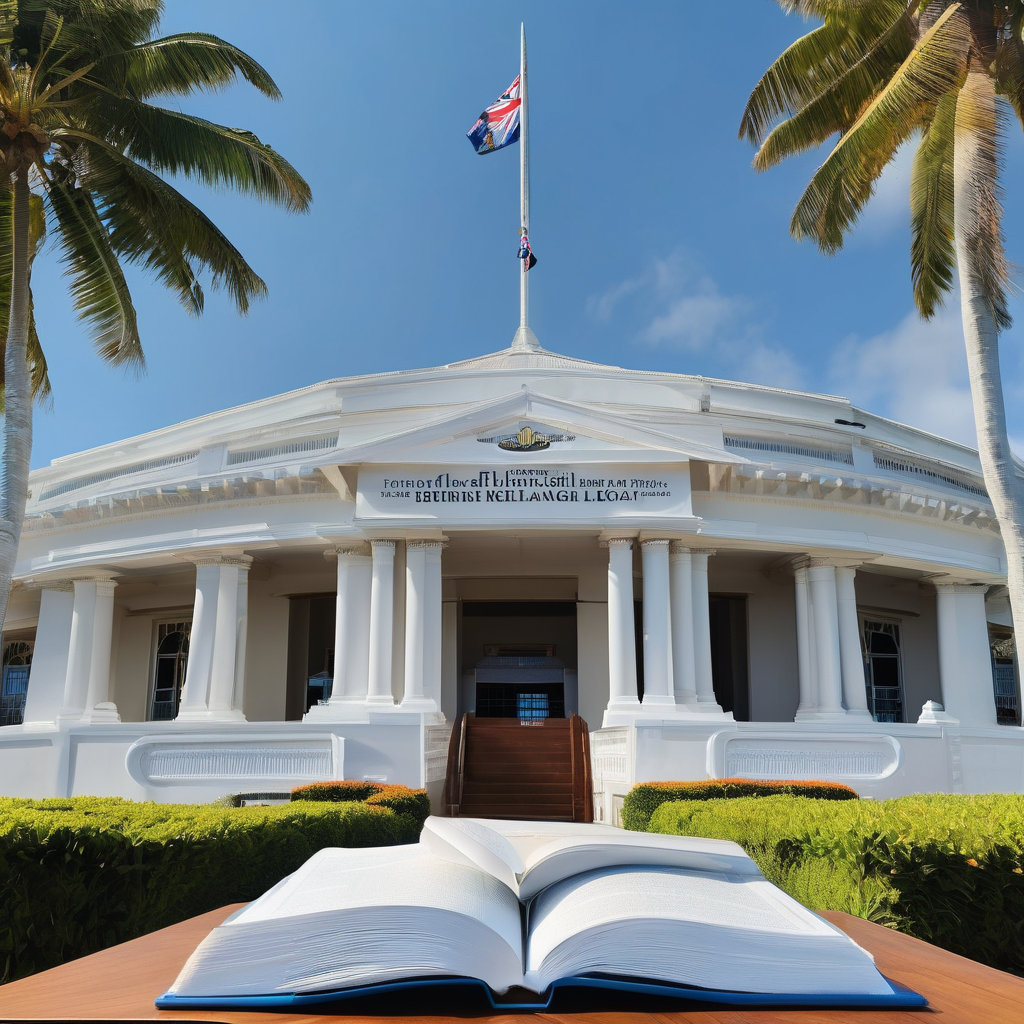The Office of the Attorney-General in Fiji is poised to initiate a review of the Fiji Independent Commission Against Corruption (FICAC) Act once it secures Cabinet endorsement. Acting Attorney-General and Minister of Justice Siromi Turaga stated that the necessary resources are available to progress on this matter, and assistance is being provided by the Commonwealth following discussions at a recent Solicitor-General meeting in London.
Turaga expressed confidence in the drafting capabilities of his office, citing a strong commitment to addressing policy issues promptly. “Drafting to me is not an issue because we have the resources,” he noted, while emphasizing the urgency of the review due to its importance in guiding FICAC’s operations within constitutional limits following recent court rulings.
The review discussions have been ongoing, predating Prime Minister Sitiveni Rabuka’s recent remarks concerning delays in the review process. “It’s been deliberated at my office and will progress from there,” Turaga assured, highlighting that preliminary work has already been undertaken.
Part of the motivation for the review stems from concerns raised that FICAC may have been misused in previous administrations, a view expressed during the earlier government tenure. Turaga underscored that consultations with the Fiji Law Society will be instrumental in finalizing the draft, aiming for comprehensive stakeholder engagement.
Prime Minister Rabuka, on his part, reiterated that any changes to the FICAC Act will be treated as constitutional amendments, aligning with Section 115. He emphasized the necessity to reform FICAC as a fundamental aspect of enhancing governance and accountability in the region, affirming, “The coalition will continue discussions to formulate a structure for FICAC.”
Both government officials seem optimistic that these developments will lead to significant improvements in the integrity of governance and the establishment of a more robust legal framework to ensure accountability within Fiji’s law enforcement agencies. The ongoing review presents a critical opportunity for reform, potentially fostering greater public trust in the systems designed to uphold justice.
